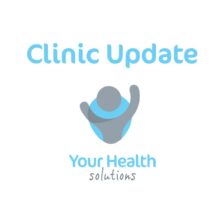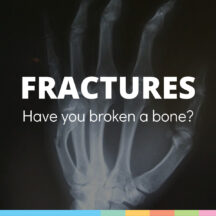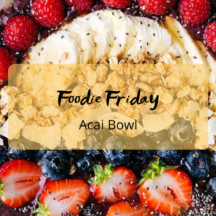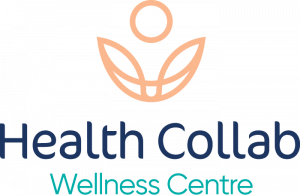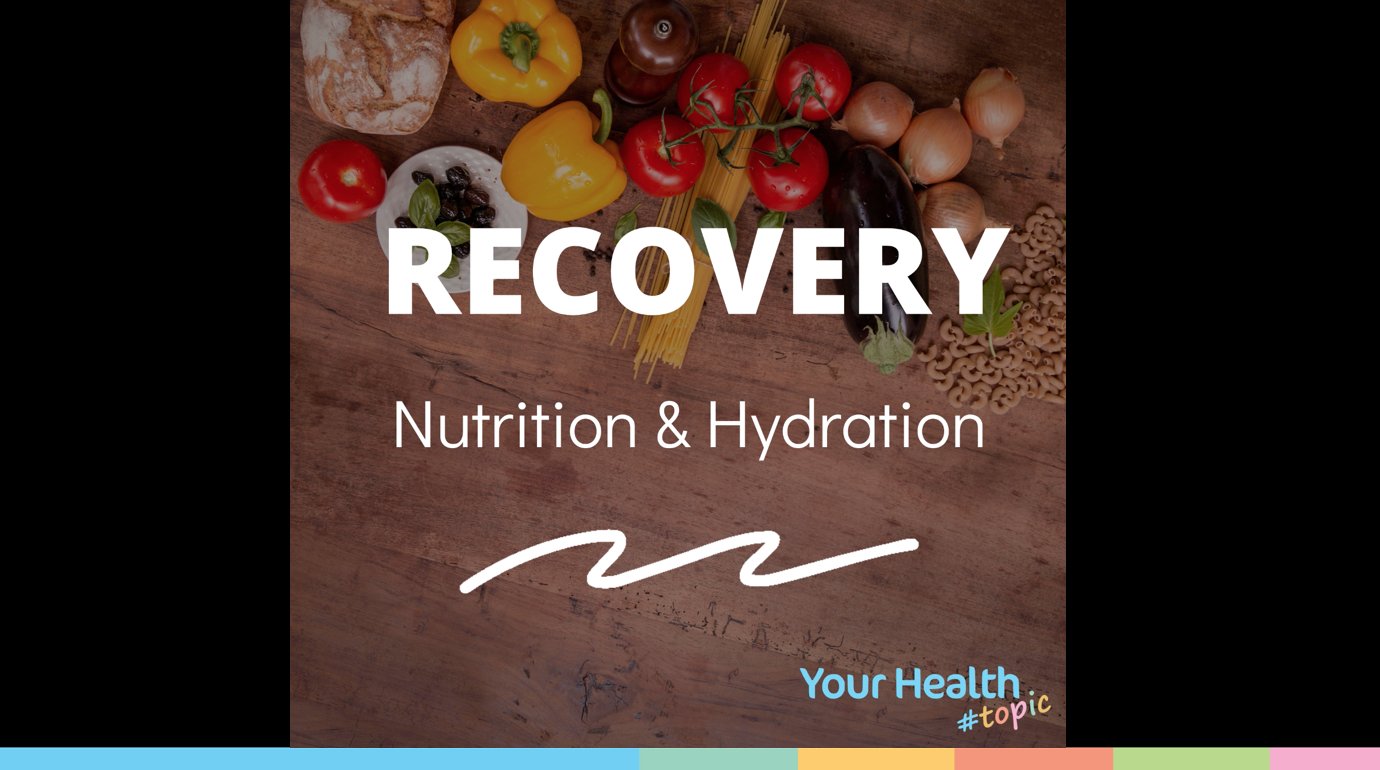
Food and Hydration Myths Busted
How much should I be drinking every day?
Should I eat before or after training
Should I go low carb, do intermittent fasting, paleo, Keto???
Today more than ever, we are bombarded with information about what we should eat, how we should eat, when to eat… yet more and more of us are confused about what is the best way to go.
Lets explore some common myths and explore what the evidence says…
“You can drink too much water”
True – You can drink too much water. In fact over hydrating can cause a dangerous imbalance of electrolytes that impacts your bodily functions and can cause serious medical complications. Adding electrolytes such as sodium or potassium can help restore electrolyte balance and maintain effective hydration.
Pro tip – drink water with a meal (your food usually contains some salt) or add a pinch or himalayan pink salt to your water bottle for better hydration.
“Food will not help you keep hydrated”
False – Remember as a kid playing soccer or footy, at half time the coach would bring out a box of oranges. Diets high in fruit and vegetables can contribute to your water intake. For example cucumbers are 95% water.. In summer a couple of cucumbers in your lunch box will assist with your hydration. Even better, add a tiny sprinkle of Salt and you will help maintain your water balance.
Pro tip – up your fruit and vegetable intake to help with your hydration levels.
“All carbs are bad”
False – Low carb diets have been in fashion for a while, and have given food like potato a and even some fruits a bad name. But it is important to remember that not all carbs are created equal. Most fruit and some vegetables eg sweet potato, potato and corn contain good levels of micro nutrients i.e. vitamins and minerals that are essential for health and wellbeing. So be careful for No carb diets that eliminate whole food groups entirely.
Pro tip – Choose better sources of carbs ie fruit and vegetable over sugary sweets.
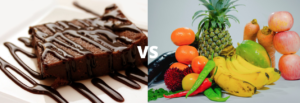
” It does not matter what you eat after a big training session”
False – The body is most receptive to replacing energy stores and absorbing nutrients to promote muscle repair and recovery in the first 60-90 minutes post exercise. This is an ideal time to get some protein, carbs and some good fats.
Pro tip – a smoothie is a great post workout recovery option… try a banana for carbs, some coconut water for hydration and electrolytes, and 12 almonds for some protein and good fats..
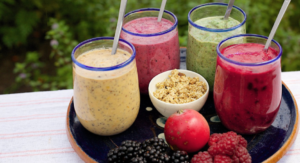
“Counting Macros is the only way to go”
False – Counting Macros is a great way to identify any imbalances you may have in your current food intake. For example, our meat intake has increased dramatically over the years, and no a 500g rib eye is not a standard adult serving for your protein at night, and lunch and breakfast. The downside to counting macros is that it does not take into account the quality of the nutrition you are eating eg eating a handful of lollies is one way of eating 30g of carbs, but so is eating a medium apple which will provide other nutrients and minerals as well as some fibre.
Pro tip – Counting macros is a great starting point to be aware of where you are getting your energy and calories from, be sure to choose wisely what foods make up your macros.
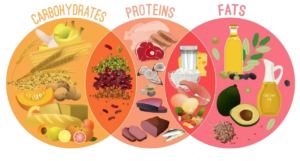
These are just a handful of myths out there about food and nutrition… if you have any questions feel free to drop us a line at info@yourhealthsolutions.com.au
Yours in health.


